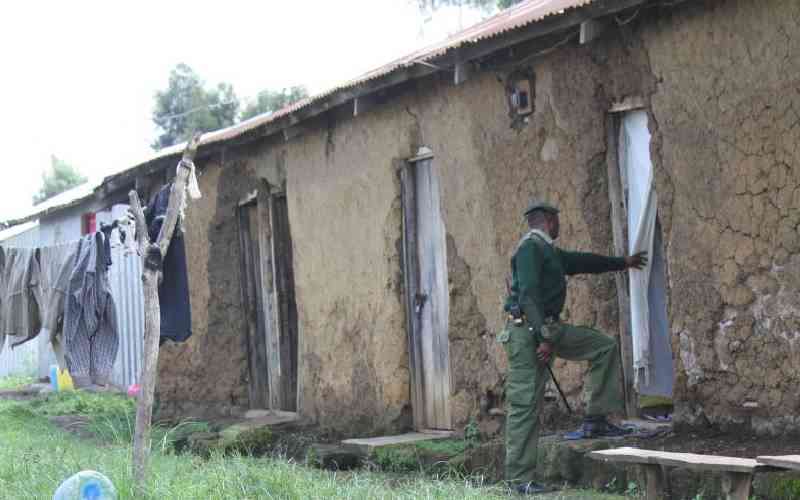×
The Standard e-Paper
Join Thousands Daily

Some prisons facilities are run like family businesses, according to a report by a taskforce led by Retired Chief Justice David Maraga.
The Kenya Prisons Service (KPS)has been described as corrupt, especially in recruitment, promotions, and procurement processes.